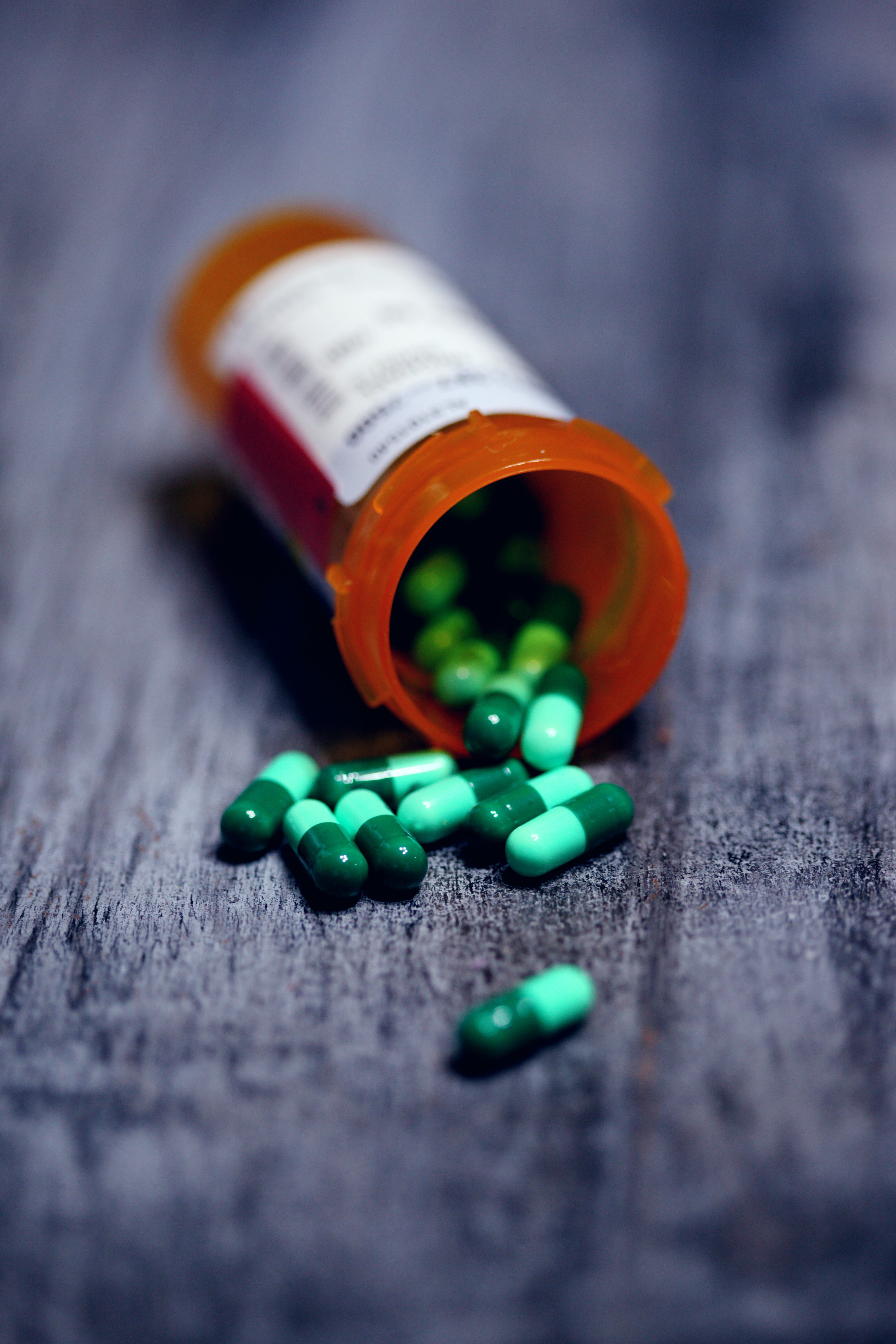10 minutes maximum! Can you do it in 5? |
|||||||||||||||||
1. Pathogens are prevented from entering our bodies in many ways. Some defence mechanisms are found in...
| |||||||||||||||||
2. Hydrochloric acid kills many pathogens. Where in the body is this acid found?
| |||||||||||||||||
3. Which component of blood helps fight infection and disease?
| |||||||||||||||||
4. Which one of the following is a common antibiotic, and what pathogen does it prevent from causing disease?
| |||||||||||||||||
5. Many white blood cells are phagocytes, that use 'phagocytosis' to kill pathogens. This is a process where the cells....
| |||||||||||||||||
| 6-8: Covid-19 is caused by a virus. The following questions are about our response to viral infections like covid-19. |  unsplash |
||||||||||||||||
6. The body's reponse to a virus has several stages, including these: I. Antibodies are released by white blood cells Finally the virus is destroyed. |
|||||||||||||||||
What is the correct order of stages I to III?
| |||||||||||||||||
7. One method to prevent serious disease from a virus is to expose people to a weakened version of the virus, or part of the virus. The body will build up defences without the person becoming seriously ill. This process is called ...
| |||||||||||||||||
8. Some defence cells are produced that respond to antigens and remain in the body, preventing later infection from the same virus. These are called...
| |||||||||||||||||
| 9+10. These questions are about clinical trials of new drugs /medicines. |  Sharon McCutcheon on Unsplash |
||||||||||||||||
9. A 'clinical trial' of a new drug means the drug...
| |||||||||||||||||
| 10. Whilst testing new drugs, patients may be given a 'placebo'.
What is a placebo?
| |||||||||||||||||